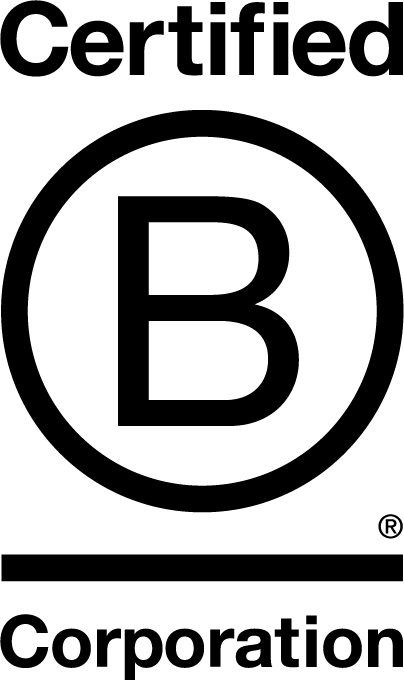At a recent HE event attended by TIAA an initial straw poll highlighted that only 3 in the room had access to, or used fraud specialists in their work to facilitate the identification or prevention of fraud issues.
In the session delivered by TIAA, which provided a status update on the landscape, >40% of reported crime is fraud related, technology is increasingly driving incidents as well as costs of living pressures are causing further pressures resulting in individuals committing fraud.
Key Points
- Cyber enabled risks
- Insider fraud
- Increasing incidents of students being targeted to be ‘money mules’
- Risks of international students involvement in money laundering and sale of bank accounts at conclusion of courses
- Grant funding fraud
- Shadow IT systems / use of Bring your own devices (BYOD) creating significant risks
Discussions amongst the group took place in respect of what each group considered to be the top 3 fraud risks that the sector faced, with the following areas fed back:
- Online payment processing / visibility and traceability
- International Student recruitment (Agents/Ghost students – who never attend)
- Grant funding management
- Separation of duties within corporate functions
- Outside normal hours business processes
- Data Analysis – comparison to other data sets (e.g expenses vs procurement)
- Behaviours – bullying
- Relationships / collusion
- Culture
- Trust and reliance on others
- Cyber crime risks and institutional risk register entries for this
- Procurement, declaration of interests / too good to be true
- Work from home / attendance and productivity
- Organised crime – cyber in particular
- Fictious students – fake online presence
- Access sprawl between data and systems (movers in organisation not having access revoked)
- Work from home affecting ability to appropriately and robustly check details on students and new staff
- Estates Management – lack of visibility on large scale projects
- Use of consultants
The session also covered the changes in approach of Internal Audit in tackling fraud, by considering a number of steps, of which included:
- The use of Multi Disciplined Teams to undertake audits
- Use of intelligence and lessons learned from wider sector issues, to feed into audit programmes
- Root Cause Analysis and findings from investigations and compliance failures.
- Ability to undertake ‘deep dive’ audits
- Development of Fraud Champions and Fraud Risk Governance Groups
- Basic fraud awareness / identification training
To gain a further insight into the fraud measures in place across the HE sector TIAA are conducting a survey and would appreciate your input, responses will result in feedback along with some commentary on the details collated.
Survey Link: To access the survey, please click the link below.
Fraud Risks Initiative in the HE Sector – Survey
For further information please contact Helen Cargill, Director of Audit Higher Education – Contact Us


